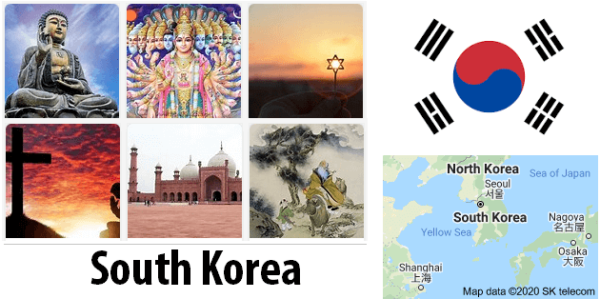1979 Park Chung Hee murdered
Park ruled for 18 years and managed to carry out 4 scams. In October 79, he was assassinated by the Korean intelligence chief – KCIA – Kim Jae Kiu, under circumstances that have never been clarified. By the end of 79, General Chun Doo Hwan, who was the head of the military intelligence, had put himself in a central position after arresting rival generals. On May 17, 80, the military reinstated the state of emergency and abrogated all civil rights. The day after, residents of the southern town of Kwangju occupy the city in protest against the military dictatorship, and especially against the arrest of opposition politician Kim Dae Jung, who hails from the same area. The dictatorship’s response was prompt and brutal. Thousands of civilians died from military bullets with the approval of the North American officers posted in the country. Kim Dae Jung was sentenced to life imprisonment for “causing” the riot. The generals subsequently used the Kwangju rebellion as legitimacy for having taken power, which makes one wonder if it was not the military itself that provoked the rebellion.
Chun initiated a “cleansing campaign” in all public and private institutions. It went so far as to put quotas on the eradication of corrupt and “undermining elements”. Like predecessor Park, Chun Doo Hwan sought to legitimize his government as a civilian by conducting presidential elections in 1981 – which he did not surprisingly win.

In October 83, several members of the South Korean government died in an attack on the Martyrs’ Mausoleum during a state visit to Myanmar. President Chun was saved only because he was late. The Burmese claimed to have evidence that the attack had been carried out by North Korea, and therefore severed diplomatic relations with Pyongyang.
Opposition to the Chun regime ignored the repression – despite being as fierce as during the worst epochs of the Park dictatorship – and continued to grow. In 86, the United States withdrew its support for Ferdinand Marcos dictatorship in the Philippines due to extensive electoral fraud and human rights violations. It worried the regime in South Korea that carried out a series of reforms. Among other things. Kim Dae Jung was allowed to leave the prison and was instead placed under house arrest, and a censorship reduction was also implemented.
Through 1987, hundreds of thousands of workers in strikes and factory occupations participated in an unprecedented wave of protest. They demanded the right to form democratic unions independent of the government-controlled LO. Furthermore, they demanded wage increases, the elimination of forced extra work and a greater share in the wealth that the spectacular growth of the country had created.
In July 1987, Chun agreed to resign and appointed Roh Tae Woo as his successor and leader of the ruling Democratic Justice Party. It triggered a wave of protests that expressed concern that Roh, as Chun’s ally, would simply continue the dictatorship. The protesters further demanded that Chun be publicly held responsible for the Kwangju massacre in 1980 and brought to justice. The regime was concerned about its international image during this period up to the Olympic Games (in Seul in 1988), and this, together with the pressure of the demonstrations, forced it to relieve some of the political restrictions during the 87 election campaign.
A few days before the November elections, the polls announced a poor election result for government candidates. In this tense situation, a Korean aircraft carrying 118 passengers disappeared near Thailand. As with the Myanmar attack, evidence of North Korean agents’ involvement was presented, however, which was rejected by Pyongyang. The subsequent election was overall won by the opposition, but it failed to form an alliance between Kim Yong Sam’s Democratic Reunion Party and Kim Dae Jung’s Party for Peace and Democracy. The split in the opposition allowed the regime’s man, Roh Tae Woo, to form government with 42% of the vote.
In January 1990, parts of the opposition joined the ruling Democratic Justice Party, which was renamed the Liberal Democratic Party. It now had 220 out of 299 seats in the National Assembly. According to thesciencetutor, Kim Dae Jung’s Democratic Party was now the only opposition party in parliament.
In an offensive against the independent unions in early 1990, the government detained its leaders in an effort to prevent the implementation of strikes. In April, thousands of Hyundai police officers invaded the steel plant and arrested 600 union activists who had kept the plant occupied for 72 hours in protest of the arrest of their leaders. A few days later, 400 government radio strikes were arrested. The ensuing protests led to the largest decline in stock prices in South Korea’s history so far.
